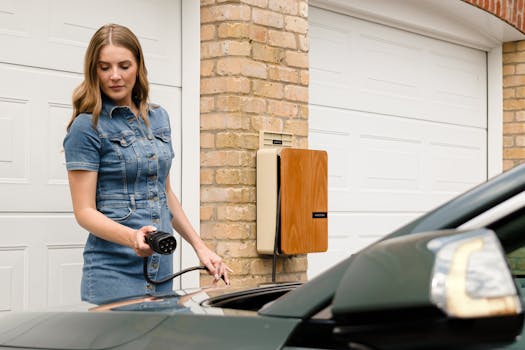
Smart Homes and Smart Living: The Technological Transformation of European Homes by 2025
Smart Homes and Smart Living is revolutionizing the way we live in European homes. The concept of smart homes has been around for several years, but it’s only recently that the technology has become advanced enough to make it a practical reality. By 2025, it’s estimated that the majority of European homes will be smart, offering unparalleled comfort, convenience, and energy efficiency.
What are Smart Homes?
Smart homes are homes that are equipped with advanced technology that allows for remote monitoring and control of various aspects of the home. This can include lighting, temperature, security, and entertainment systems. The goal of smart homes is to make life easier and more convenient for the occupants, while also reducing energy consumption and costs.
Technological Advancements
There have been several technological advancements that have made smart homes a reality. These include the development of the Internet of Things (IoT), which allows for the connection of various devices and systems to the internet. This has enabled the creation of smart home systems that can be controlled remotely using a smartphone or tablet.
Benefits of Smart Homes
There are many benefits to smart homes, including increased comfort and convenience, energy efficiency, and enhanced security. Smart homes can also provide a better quality of life for people with disabilities, as they can be designed to meet their specific needs.
European Homes by 2025
By 2025, it’s estimated that the majority of European homes will be smart. This will be driven by the increasing demand for energy efficiency and convenience. Smart homes will become the norm, and it’s likely that we’ll see a significant reduction in energy consumption and costs as a result.
Conclusion
In conclusion, smart homes and smart living are the future of European homes. With technological advancements making it possible to create homes that are more comfortable, convenient, and energy efficient, it’s likely that we’ll see a significant transformation in the way we live by 2025.






